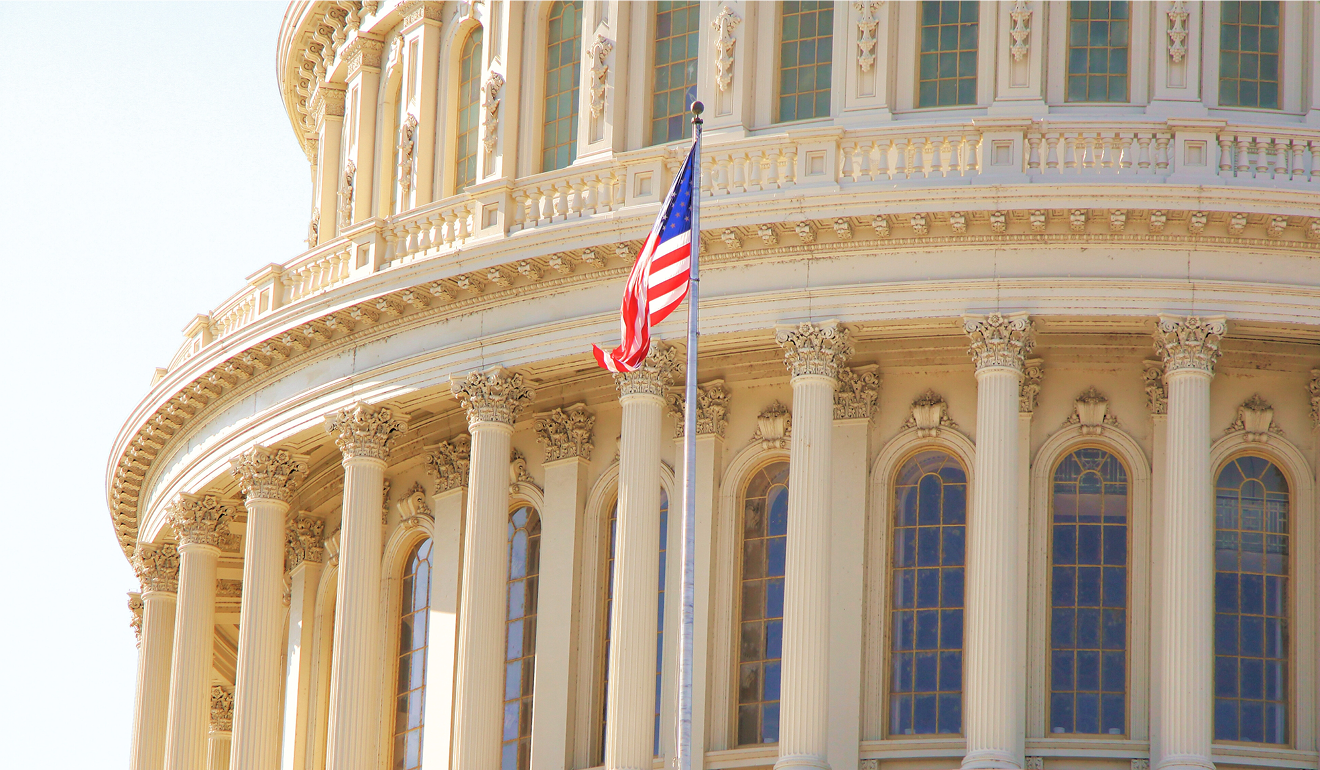Three issues from the U.S. Department of Education’s Program Integrity and Institutional Quality negotiated rulemaking session have moved forward for further regulatory review. Proposed regulations for Distance Education, Return of Title IV (R2T4), and Federal TRIO Programs are in review in the White House Office of Management and Budget which is the next step before the Department publishes a Notice of Proposed Rulemaking (NPRM) with proposed regulations for public comment. Typically, the NPRM, its public comment period, and the publication of the final regulations or rule, will occur by November 1 for regulations to become effective the following July 1. Thus far, the issues of Accreditation, Cash Management, and State Authorization have not moved forward for regulatory review. HLC will continue to monitor the regulatory process and alert members for opportunities to make public comments.
Department Funding Opportunity
The U.S. Department of Education has released its notice for applications from institutions for its Basic Needs for Postsecondary Students Program. The program works to provide “solutions to student basic needs insecurity through support programs that address the basic needs of students and to report on practices that improve outcomes for students.” Applications are due August 5, 2024, with an award pool of up to $9.5 million.
Civic Engagement Update
HLC would like to thank its members for responding to its Civic Engagement survey this past April. Our preliminary review of the results revealed a deep commitment among institutions with a broad range of missions as they do this vital work. This summer HLC will analyze the results to learn more about its membership and to further its ongoing collaboration with the Civic Learning and Democratic Engagement Coalition (CLDE Coalition). We will share more details about the survey results in fall 2024. In the meantime, HLC recommends that institutions review the U.S. Department of Education’s Student Voter Toolkit, which illustrates the many creative ways institutions of higher education advance responsible citizenship.
Congress
In June, the House of Representatives failed to pass the Bipartisan Workforce Pell Act as an amendment to the National Defense Authorization Act (NDAA). HLC has been following the bill, which would expand Pell Grants to cover short-term programs that are at least 150 clock hours in length; and which are offered over a minimum of eight weeks, but not more than 15 weeks.
Accreditors would have to be granted scope to review such programs and would be required to have a process in place to determine the capability of institutions to offer the programs, if they lead to a recognized credential that is portable across employers, and for which academic credit is awarded and transferable. HLC is supportive of workforce/short-term related Pell, as noted in its Advocacy Agenda.
States
In June, the Midwestern Higher Education Compact (MHEC) along with the National College Attainment Network (NCAN) and the State Higher Education Executive Officers Association (SHEEO) hosted its Midwest FAFSA Summit in Chicago. National and state speakers provided in-depth information about the many challenges institutions, their states, and their students are having using the new Free Application for Federal Student Aid (FAFSA) and its likely negative impact on enrollments this fall and beyond. All states are seeing year-over-year negative FAFSA completion rates by students. Several states have moved to having universal FAFSA completion requirements and others are considering the same to help increase FAFSA completion rates.
HLC provided several updates to the state and institutional members of the Midwestern State Authorization Reciprocity Agreement (M-SARA) convening in June. Four regional SARAs provide a voluntary approach to state oversight of postsecondary distance education. Uniform SARA standards and policies provide benefits to both states and institutions carrying out distance education in multiple states. Forty-nine states, the District of Columbia, Puerto Rico, and the U.S. Virgin Islands are members of SARA and more than 2,300 institutions participate.
Questions? Contact [email protected].

